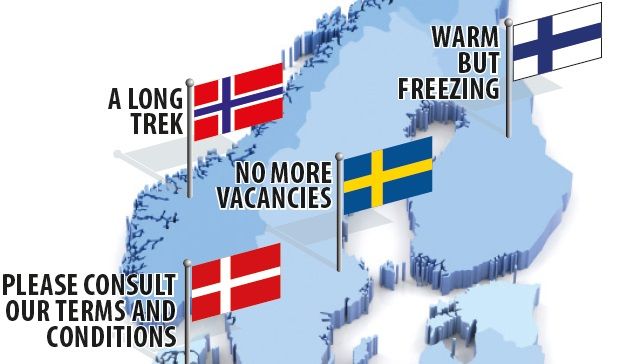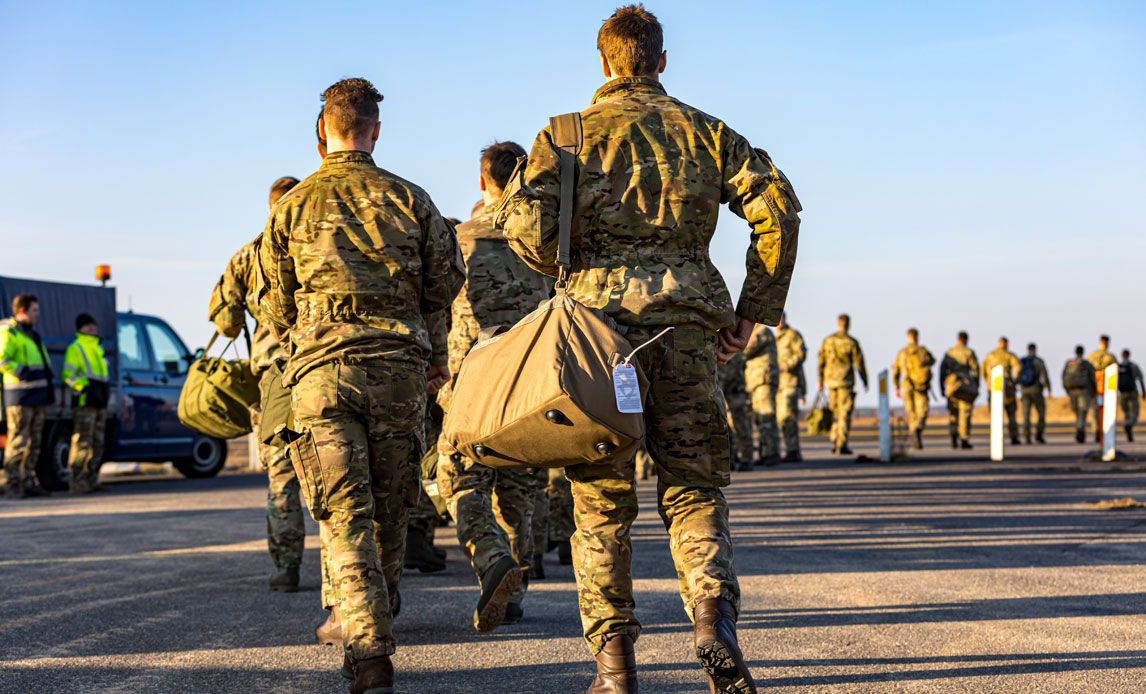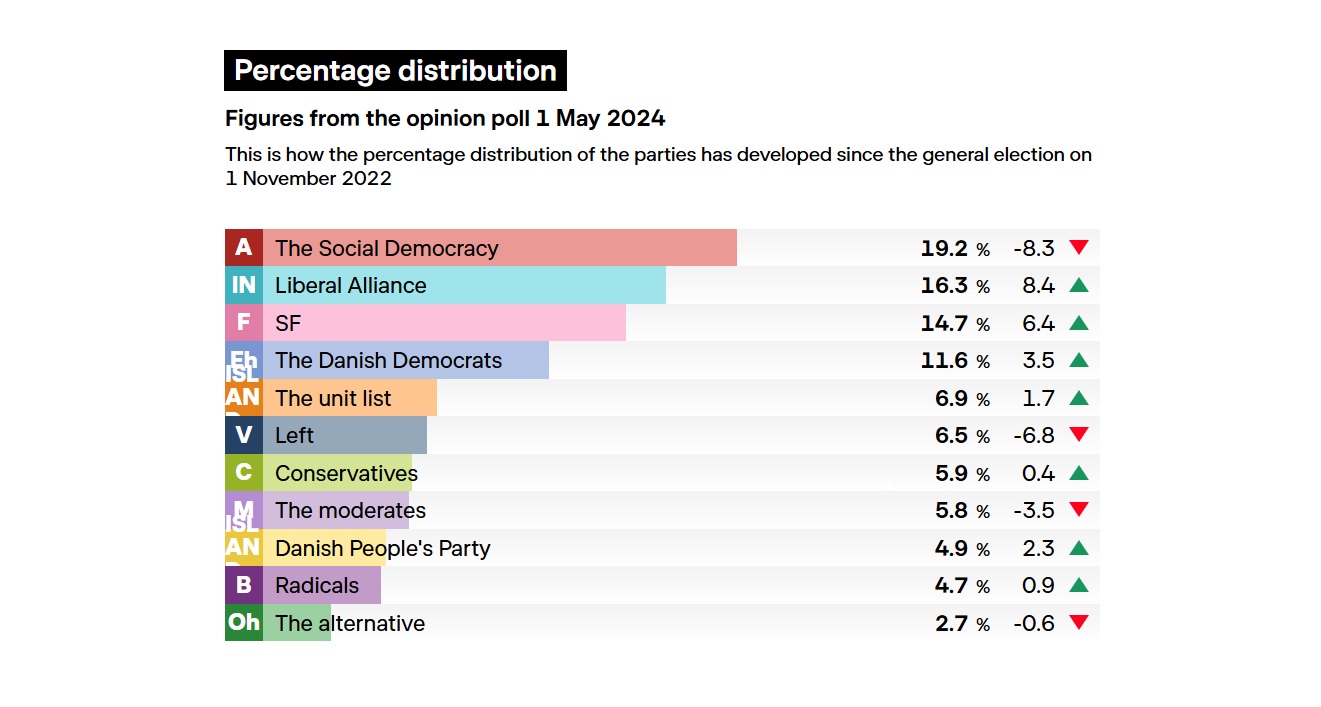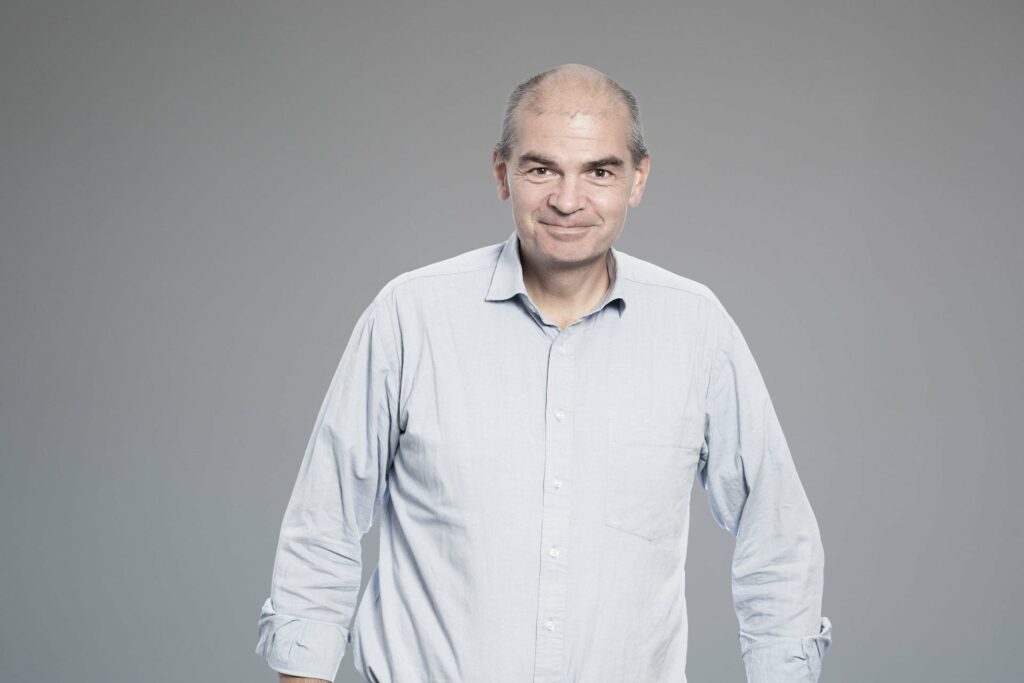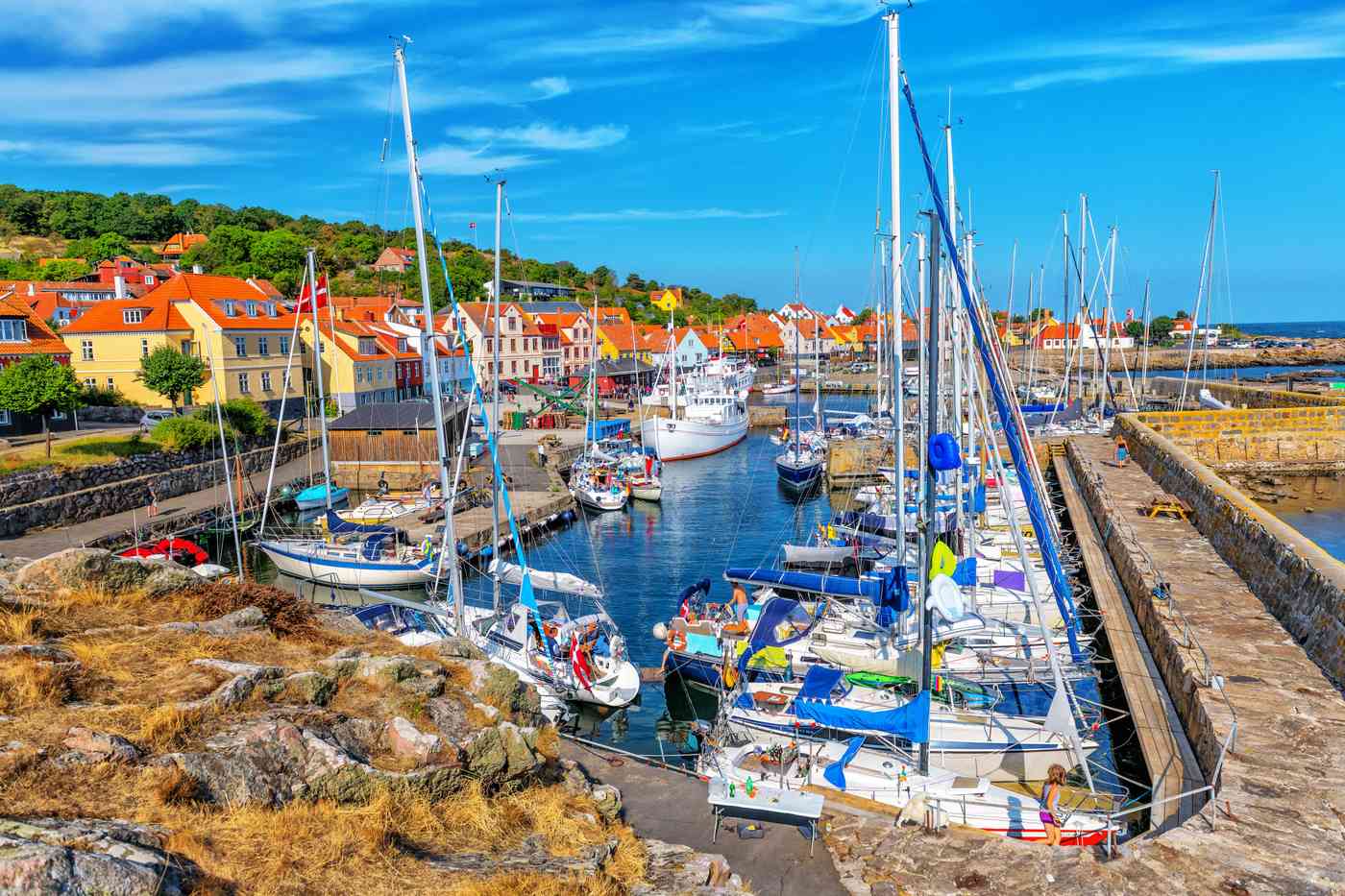Denmark got a rude awakening from its refugee crisis complacency last week when its hospitable neighbour Sweden, the unofficial go-to place for all new arrivals, conceded it was already close to bursting.
Only 1,500 of the 13,000 refugees and migrants who arrived in Denmark in September went on to apply for asylum – most departed north. But all that could be about to change.
The Swedish migration minister, Morgan Johansson, last week confirmed that Sweden can no longer guarantee that those travelling from Denmark and Germany will find shelter upon their arrival in the country.
“Those coming to our borders may well be greeted by the news that we cannot arrange accommodation. They may then decide to either arrange accommodation on their own or go back to Germany or Denmark,” he said.
Trouble brewing
Trouble has been brewing in Sweden since October, when the Migration Ministry had to double its forecast of how many refugees would attempt to cross into Sweden in 2015.
The number shot up to 190,000 refugees and the ministry warned they were simply running out of space.
Overall, 300,000 new refugees are expected to enter the country in the next four years.
This news has prompted a spate of arson attacks on refugee centres and even the distribution of fliers to refugees on the Greek island of Lesbos by the right-wing Sweden Democrats, warning that Sweden has “no money, no jobs, and no homes” for the refugees.
War of words
The situation in Sweden has provoked a strong response from the Danish minister for immigration and integration, Inger Støjberg, who placed the blame squarely on Sweden’s shoulders and stated that more refugees would not be welcome in Denmark.
She also stated that she would not be opposed to adopting further austerity measures to keep the refugees out.
Sticking to this hard-line stance, the Danish PM Lars Løkke Rasmussen announced today that he would be tightening asylum laws further, making it even harder for refugees to enter the country .
Meanwhile in Denmark
Denmark has also been struggling with an unprecedented influx of refugees.
The tiny island of Samsø, where the numbers already account for 6 percent of the total population, has begun to house them in vacation rentals until the tourist season starts up again.
The authorities on the island and elsewhere are struggling to house and pay for refugees, saying that the situation is now “impossible”.
They have appealed to the government for more money – requests that have been met with a clear ‘no’ from Rasmussen.
Ease the burden
To solve the problem, Anders Ladekarl, the secretary general of the Danish Red Cross, has proposed the municipalities build temporary refugee villages like in the 1990s when many people sought asylum in Denmark during the Yugoslav Wars.
“Those who lived in the villages eventually found accommodation through the housing market on their way to being integrated into Danish society, so there is no reason to fear the housing would turn into permanent villages,” Ladekarl told DR.
Every second Dane
While the government’s stance on refugees has been a negative one, opinions are mixed when it comes to Danes in general.
A recent Epinion survey compiled for DR revealed that every second Dane believes Denmark has a greater responsibility to accept refugees generated from conflicts in which Danish Defence has taken part.
Clearly illustrating the political divide in the country, among the blue bloc voters, just 35 percent agreed that Denmark has a greater responsibility, while 65 percent of red bloc voters agreed.
Lending a hand
Nevertheless, the Swedish development might change attitudes – not least the drive amongst Danes to aid refugees to the country’s borders.
Police in southern Jutland have already charged 103 people with human trafficking this year, including 76 since July. Furthermore, national police department Rigspolitiet has confirmed 46 charges relating to September alone.
Given the stiff penalty for human trafficking, Enhedslisten’s Pernille Skipper has suggested that distinctions be made between those being paid for their deeds and those just attempting to help others.

